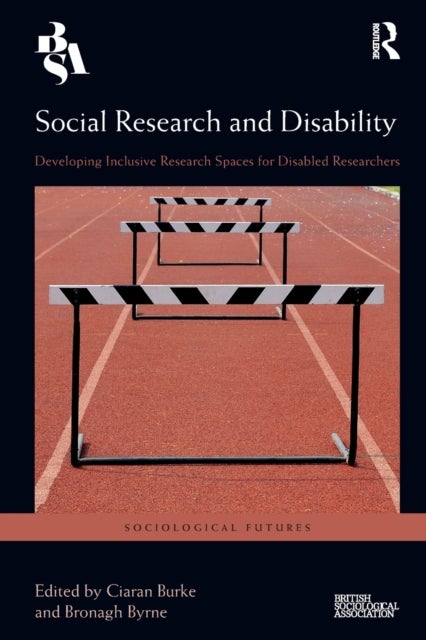
Social Research and Disability
499,-
<P><EM>Social Research and Disability</EM> argues that the contemporary rules of sociological methods outlined in numerous research methods texts make a number of assumptions concerning the researcher including ambulance, sight, hearing and speech. In short, the disabled researcher is not considered when outlining the requirements of particular methods. Drawing upon these considerations, the volume emphasizes how disabled researchers negotiate the empirical process, in light of disability, whilst retaining the scientific rigour of the method. It also considers the negative consequences arising from disabled researchers¿ attempts at "passing" and the benefits that can emerge from a reflexive approach to method. </P><P>This innovative and original text will, for the first time, bring together research-active academics, who identify as being disabled, to consider experiences of being disabled within a largely ableist academy, as well as strategies employed and issues faced when conducting








